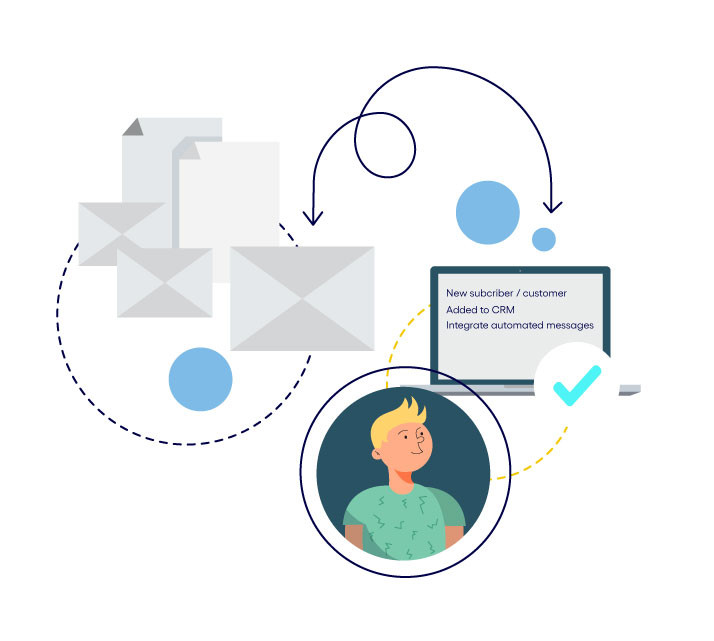In today's fast-paced digital landscape, businesses are seeking innovative ways to engage their audience and stay competitive. Marketing Automation is at the forefront of this revolution, streamlining efforts, delivering personalized content, and integrating marketing and sales seamlessly. This article explores the benefits and applications of Marketing Automation, guiding you through selecting the right tool to drive unprecedented success in your marketing efforts. If you're eager to harness power and revolutionize your approach, dive into the world of Marketing Automation with this essential guide.
What is Marketing Automation?
Marketing automation refers to use of software tools that aid in automating sales and marketing tasks and processes. These include but are not limited to lead generation, email marketing, social media management, and more. Marketing automation platforms typically provide businesses with a range of features and functionalities that can help them automate their marketing efforts, saving time and resources while also driving revenue growth. Marketing automation enables businesses to deliver personalized, relevant content to their target audience at the right time. With the rise of digital marketing, marketing automation has become an essential tool for businesses to streamline their marketing efforts and increase their ROI.
The Benefits of Marketing Automation
Marketing Automation offers a wide range of benefits for businesses including streamlining marketing efforts, saving time and resources that can be invested in other areas of business. Other key benefits include but are not limited to:
Increased Engagement
Marketing automation helps in improving accuracy of target market and clients as well as create appropriate segments for more personalized and effective marketing campaigns that resonate with the target audience. The optimization of marketing efforts also results in refined strategies and tactics with aid of valuable insights through data collection.
New customers for businesses are often not familiar with complete services or products that a company offers. Welcome series of marketing automation can allow marketing teams to time specific messages to clients to help them familiarize with what the company offers and create awareness about company’s products and services.















